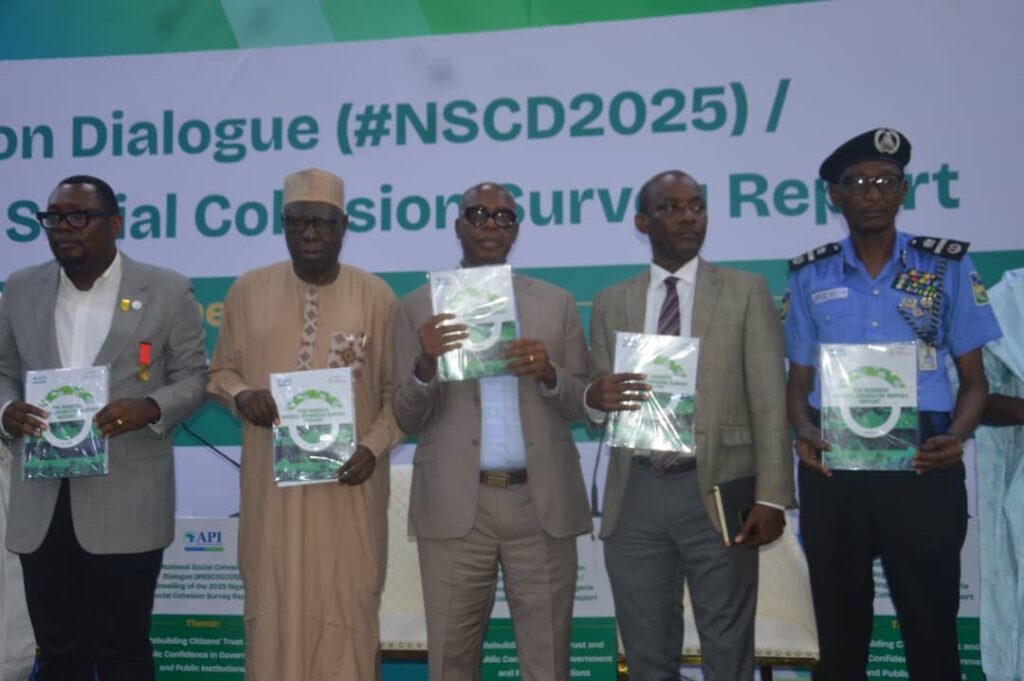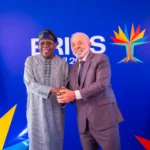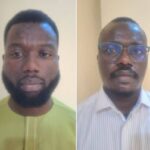The Africa Polling Institute (API) weekend in Abuja, officially launched the 2025 Nigeria Social Cohesion Data Report, to shed light on the state of unity, inclusion, and mutual trust among Nigerians across ethnic, religious, and socioeconomic lines.
The data report, which is in collaboration with the Ford Foundation with the theme “Rebuilding Citizens’ Trust and Public Confidence in Government and Public Institutions,” was gathered through extensive data collection and stakeholder partnership, providing key insights into the challenges and opportunities for strengthening national cohesion.

Speaking, the Chief Executive Officer API, Prof Bell Ihua, said the Institute has been conducting annual national social survey since 2019, adding that, the 2025 report has information on the level of citizens’ trust, public confidence in the current government. He said citizens are united in a shared struggle based on the economic realities they are facing at the moment.
“So we see a lot of citizens coalescing because, you know, they’re united in that shared struggle. The others have to do with the issue of identity, issue of social justice, issue of civic participation. These are areas that we need to look into,” he said.
Prof Ihua hoped that the data sorted from the field would help the government to know the exact situation of the citizens and begin to put policies in place, so that the next round of surveys will show improvements in data.
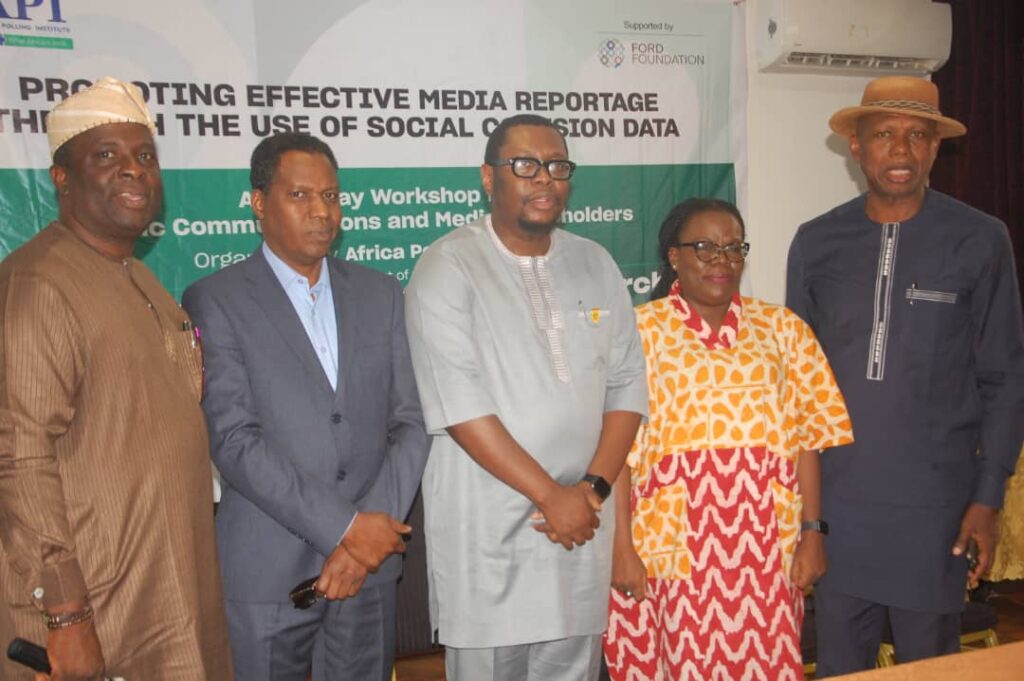
Chairman of the occasion and former governor of Ekiti state, Dr Kayode Fayemi said the discussion of social cohesion is beyond politics as it affects the different key aspects responsible for the country’s development.
According to Ahmed Surajo, who represented Fayemi, to discuss social cohesion is to identify where the disconnect is, stressing: “What we are discussing here, is the future of our country, strengthening our democracy and the governance of our country, we are strengthening our social relationships, we are also conversing around the social contract within ourselves as a people because we need to understand ourselves very well so that we can build a better nation.”
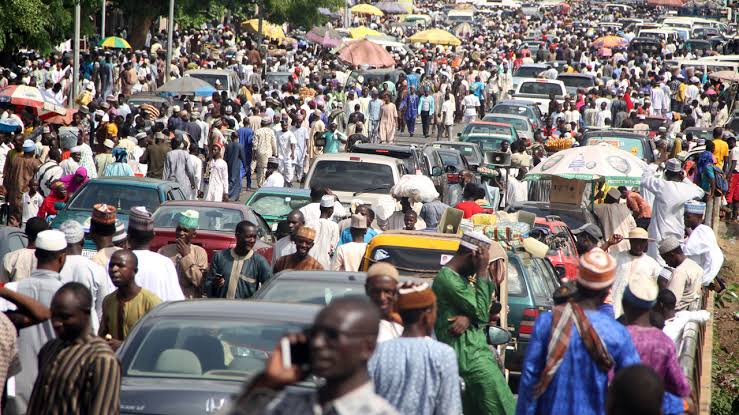
Earlier, former Rivers state governor, Rotimi Amaechi, urged Nigerians to stop outsourcing responsibility to political leaders. “The elite know the problems, but unless the people act, change will not happen,” he said.
The Regional Director of Ford Foundation West Africa, Dr. Chichi Aniagholu underscored the importance of continuous measuring of social cohesion in Nigeria as an aspect of its development.

